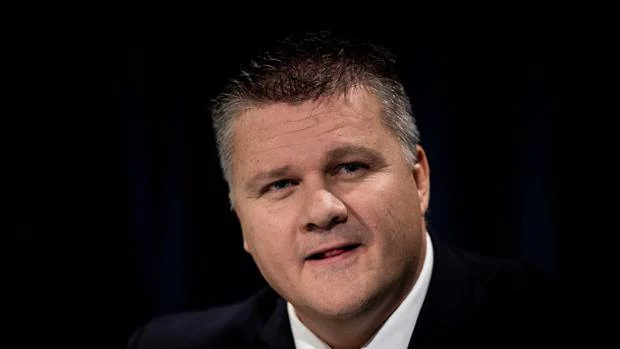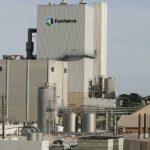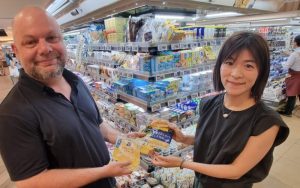
The computer files of new Fonterra chief executive Miles Hurrell were among those requested from the time he was chairman of Fonterra’s southern Chile subsidiary Prolesur.
Fonterra had been in discussions with the prosecutor’s office to identify what information and records were relevant to the complaint which sparked the “preliminary” investigation, New Zealand’s biggest company said in response to a Herald follow up inquiry.
“The prosecutor has narrowed the scope of the information request, and now requires relevant emails only. We are cooperating with this request.”
The investigation follows a complaint from a Prolesur shareholder about commercial dealings between Prolesur and another Fonterra Chile subsidiary, Soprole.
Chilean charity foundation Isabel Aninat, a 13.6 per cent shareholder, made a complaint against Fonterra’s appointed directors on the Proselur board.
Prolesur is a Fonterra ingredients business. Soprole, a consumer product business operating in the north, sources about 30 per cent of its daily fresh milk from Prolesur.
Fonterra earlier this month said the complaint was at an “informal investigation” stage and related to a commercial disagreement between the Fonterra-appointed directors and minority (foundation) directors on the Prolesur board, concerning terms of sale for cheese between the two subsidiaries.
Media reports in Chile claimed some Soprole executives had refused to turn over their computers to the high-complexity crimes unit of the prosecutor’s office.
Fonterra has said if any charges were brought against its appointed directors “the directors will vigorously” defend them.
Fonterra’s South American operations are thought to be among assets being considered for sale by the big farmer-cooperative as it seeks to reduce debt, posted at $6.2 billion last financial year. The company also has a business in Brazil.
Late last year Mike McBeath, the New Zealand chairman of Chile’s second biggest dairying operator, the part-Kiwi owned Chilterra company, told the Herald Fonterra was “taking advantage and making massive profits” in Chile by underpaying its milk suppliers.
Fonterra’s overseas milk suppliers are not shareholders as they are in New Zealand.
McBeath said Fonterra set its milk price at export price level, which was lower than milk fetched on the domestic market. But Fonterra sold its products into the domestic market.
Fonterra responded that Chile was a net importer of dairy products and that in addition to domestic factors, global import and export prices could influence local prices.






















